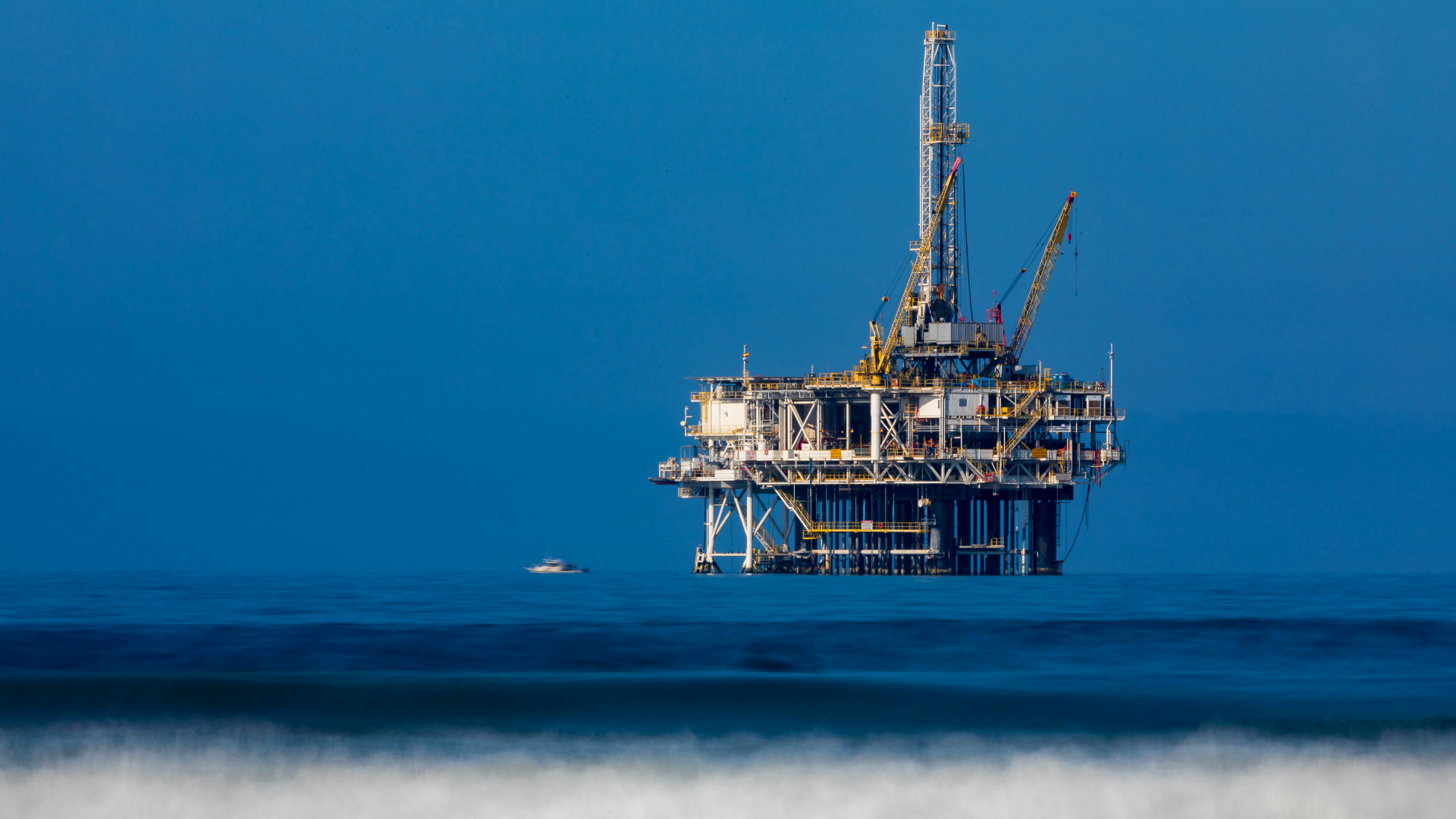Biden’s offshore drilling plan has sparked controversy, with both oil and gas companies and environmental groups voicing their concerns through lawsuits filed against the administration.
Recently, two separate lawsuits were filed against the Biden administration at the same time over its five-year oil drilling plan in the Gulf of Mexico.
The lawsuits were filed by Earthjustice, a California-based environmental law organization on behalf of other environmental groups, and the American Petroleum Institute, an oil and gas trade group.
The Biden administration’s offshore drilling plan includes three new oil and gas lease sales in the Gulf of Mexico over the next five years from 2024 to 2029. This plan sets the fewest lease sales ever offered in five years since the federal drilling program began decades ago.
The administration developed this plan to align with the Inflation Reduction Act, which requires offering at least 60 million acres for oil and gas exploration in exchange for permits to develop offshore wind power. It comes heavily in contrast with the Trump administration’s plan which proposed 47 lease sales within the coastal areas of the US.
Last week, we challenged the Biden administration’s offshore leasing program. Demand for affordable, reliable energy is growing, yet this administration continues to restrict access to our vast energy resources. @ThomasCatenacci reports for @Foxnews: https://t.co/vx5P3cF4oK
— American Petroleum Institute (@APIenergy) February 21, 2024
Despite the small number of lease sales compared to historical levels, the plan has faced opposition from both the oil and gas industry and environmental groups. Biden is now firmly stuck between a rock and a hard place.
The oil groups, specifically the American Petroleum Institute, raised concerns about the risks of the US relying on foreign energy sources. API’s vice president of upstream policy stated that the demand for reliable energy continues to rise but the administration chose to limit the production within the region of the Gulf of Mexico.
It is vital to note that the concept of low and high-carbon-intensive barrels is significant in the oil and gas industry. Low-carbon-intensity barrels refer to oil and gas productions whose lifecycle greenhouse gas emissions are comparably lower than the traditional formula.
As the world transitions to a lower-carbon economy, the demand for low-carbon-intensity barrels is expected to grow, providing a strategic advantage for oil and gas companies that invest in sustainable methods.
With that said, the region provides one of the lowest carbon-intensive barrels in the world. API argues that the limit on production would lead to a greater reliance on higher carbon-intensity barrels from other parts of the world, potentially undermining both energy security and environmental objectives.




















